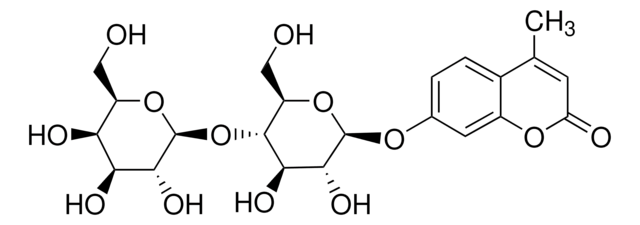M6281
Isostearic acid
≥97% (capillary GC)
Synonym(s):
16-Methylheptadecanoic acid
About This Item
Recommended Products
Quality Level
Assay
≥97% (capillary GC)
form
powder
functional group
carboxylic acid
lipid type
saturated FAs
shipped in
ambient
storage temp.
2-8°C
SMILES string
CC(C)CCCCCCCCCCCCCCC(O)=O
InChI
1S/C18H36O2/c1-17(2)15-13-11-9-7-5-3-4-6-8-10-12-14-16-18(19)20/h17H,3-16H2,1-2H3,(H,19,20)
InChI key
XDOFQFKRPWOURC-UHFFFAOYSA-N
Looking for similar products? Visit Product Comparison Guide
Application
Storage Class Code
11 - Combustible Solids
WGK
WGK 3
Flash Point(F)
Not applicable
Flash Point(C)
Not applicable
Certificates of Analysis (COA)
Search for Certificates of Analysis (COA) by entering the products Lot/Batch Number. Lot and Batch Numbers can be found on a product’s label following the words ‘Lot’ or ‘Batch’.
Already Own This Product?
Find documentation for the products that you have recently purchased in the Document Library.
Customers Also Viewed
Our team of scientists has experience in all areas of research including Life Science, Material Science, Chemical Synthesis, Chromatography, Analytical and many others.
Contact Technical Service











